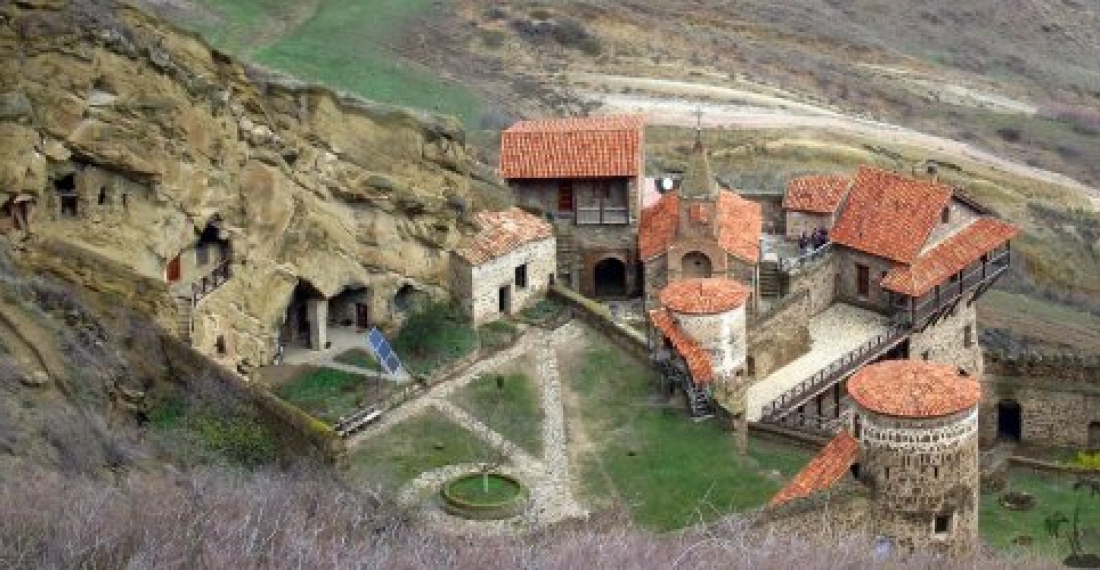Commentary
On Monday, 15 July, yet another incident occurred in the vicinity of the David Gareji Monastery which lies on a disputed area of the Georgian-Azerbaijani border. The monastery has turned from a place of worship to a flashpoint, with Georgian religious zealots trying to state their claim on the land as Georgian territory, and Azerbaijani border guards stopping them.
This story has been ongoing since the collapse of the USSR in 1991, when a somewhat loose delineation of the borders between various Soviet republics became unsustainable. Georgia and Azerbaijan have since worked on this issue and much of the border between the two countries is now defined and agreed. Some spots, such as the area around the monastery, remain in dispute.
Georgian-Azerbaijani relations have traditionally been warm, at times even exemplary. But this border dispute has all the ingredients for turning the relationship sour. And it seems that there are those who want to do that.
After yesterday's incident both Georgia and Azerbaijan issued statements, which emphasised the Georgian-Azerbaijani strategic partnership and relationship. Both governments want to resolve the issue through negotiations. Yet the Azerbaijani Foreign Ministry felt it had to further dramatise the manner by formally summoning the Georgian Ambassador. The statement of the Georgian Ministry appears more conciliatory, with an appeal for restraint.
It is very likely that radicals in Georgia are trying to turn the David Gareji issue into a crisis. If this is the case they need to be condemned. It is also possible however that some officials in Azerbaijan may be overreacting. They also need to be restrained. Both Azerbaijan and Georgia should respect the border delineations that they have already agreed, and move speedily but deligently to resolve what has not. There are already too many disputes and problems in the South Caucasus. A dispute between Azerbaijan and Georgia is neither necessary, nor inevitable, nor in anyone's interest.
source: commonspace.eu
image: The David Gareji Monastery complex on the disputed Azerbaijan-Georgian border







